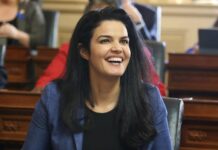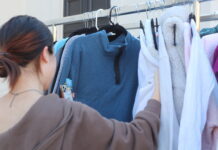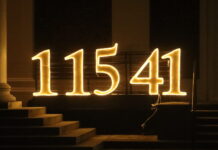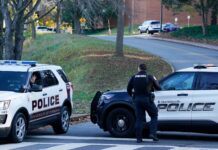The safety of UVa students has been the talk of the town since violence struck Charlottesville in August and gained more attention with the news of criminal activity in the fall. Every email account ending in @virginia.edu received warnings and alerts detailing attempted robberies, break-ins, and a possible peeping Tom in first year dorms.
The UVa Alert System was created to abide by the 1990 Jeanne Clery Act, which was enacted “to provide transparency around campus crime policy and statistics.” On October 17th of last year, Executive Vice President and Chief Operating Officer of UVa Paul Hogan, sent out a mass message to the university community that included explanations of each type of alert.
While these resources keep students, faculty, and staff updated on the dangers around grounds, they do not address to two very important questions:
- How do I keep these things from happening to me?
- What do I do if I cannot avoid them?
WUVA News spoke with Crime Prevention Coordinator and UVa Police Force Officer, Benjamin Rexrode, to find answers to the burning questions of many students.
Officer Rexrode discussed the shroud of invincibility, or the common confidence students feel that may lead them to leave doors unlocked or go out alone after midnight. He acknowledged that many view grounds unrealistically, citing that “students do get the feeling that grounds is a bubble, like a safety bubble where nothing bad happens.” Rexrode noted that “while [UVa] is a relatively safe community, it is a public campus [open to anyone].”
The officer typically recommends that students consider what they would or would not do in their hometown when deciding how to behave at UVa.
“If they wouldn’t go wandering around alone at four in the morning there, then they shouldn’t do it here…if their parents locked the door at home, they should do the same at their room or apartment on/off grounds,” Rexrode advised.
While a dangerous encounter is never the fault of the victim, simple precautions can save students from a possibly traumatic, or even fatal accident.
If something goes wrong, what can students do? Suspect descriptions are usually lacking, so Officer Rexrode gave clear instructions on what exactly police are looking for.
“We would never rely on the victim to provide that kind of information. When something [bad] happens to you, you can be face to face with the attacker and still have no idea what they look like.”
The officer however, urges witnesses to pay close attention to detail.
“A lot of times we hear that a suspect was male and Caucasian and had blonde hair, but that doesn’t narrow it down much for us. Things like brand names, shoes, shoelace colors and hairstyles are more helpful,” he explained.
When a witness comes across a potential robbery or assault, Rexrode also recommends to avoid intervention.
“If you’re feeling like that’s just who you are and you can see that there are no guns involved, you can make noise or try to distract the attacker,” he said. “The best thing you can do is always to call 911 and let the police get involved.”
When it comes to dealing with underage drinking, the officer cited safety as a priority.
“We encourage students to report incidents that concern a person’s medical health” because “99.9 % of the time, that person needs to be taken to the hospital, but the student won’t be charged.”
It might be reassuring for students to know that the police will file a report with the UVa deans simply explaining that a student was sent to the hospital. No punishment will come from the incident, and it will not go on any personal, permanent record.
Officer Rexrode pointed out that the use of fake IDs on the other hand, is an Honor Code violation and a fraudulent act that neither bar owners nor police officers condone.
“We don’t charge if the student just happens to have one and is forthcoming, but if they present that to us and say that it’s them, they’re lying to a police officer and that’s a crime,” Rexrode highlighted.
When it comes down to general safety at UVa, there is a lot that students can do.
“It’s so simple to think day-to-day about personal safety. We need to maintain that culture of the buddy system and the community of trust where we look out for each other and ourselves all the time.”
If you have an incident to report or are seeking more information on how to stay safe, contact the University Of Virginia Police Department located at 2304 Ivy Road, Charlottesville, VA 22903, or call 434- 924-7166.
















